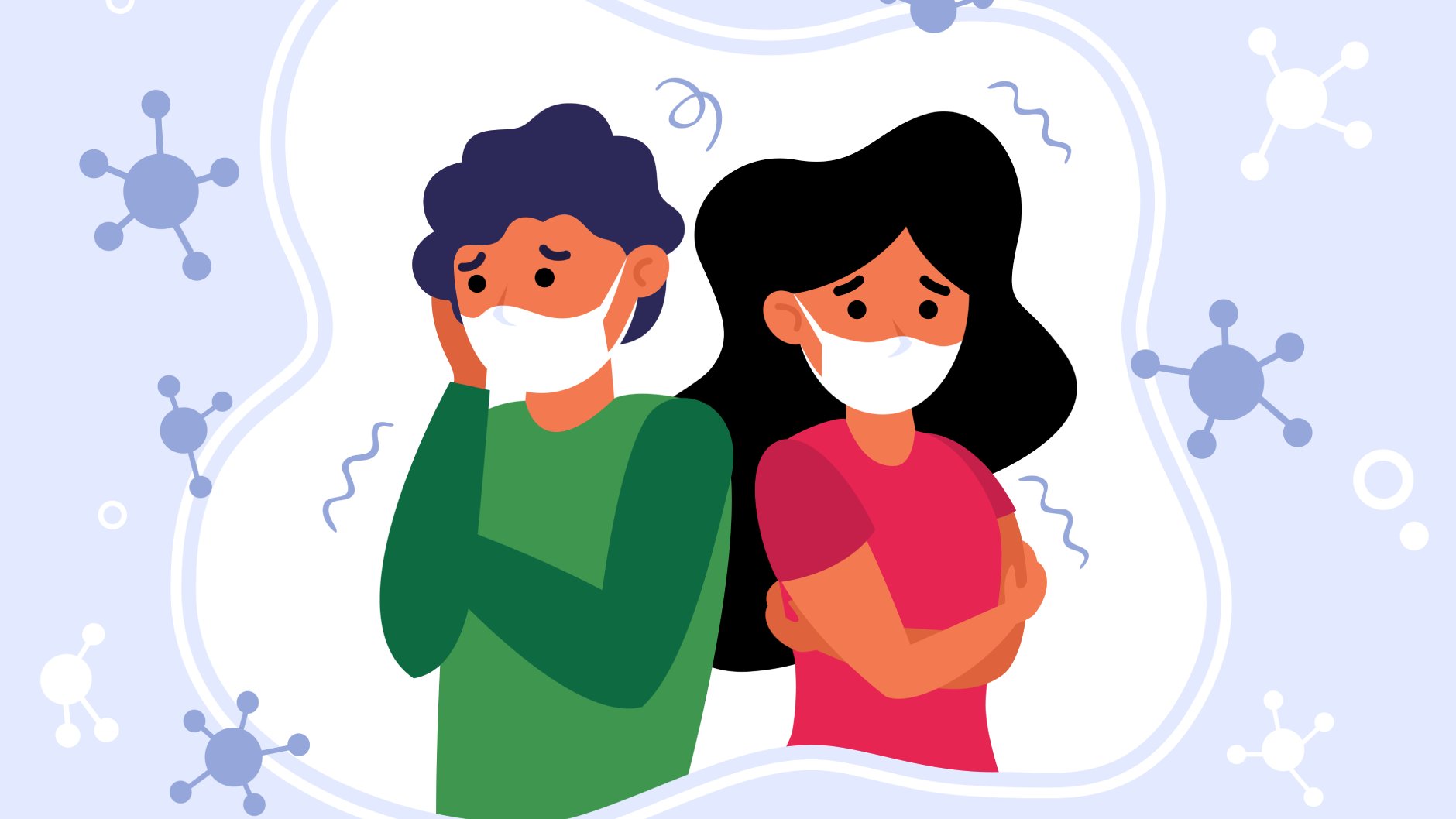With the present unprecedented situation of the pandemic, most of us are facing challenges to our mental health. Most people are faced with fear and anxiety about uncertain conditions. Due to significant life changes and adjusting to the new situations, most people might be facing some emotional disturbances that are considered typical if it doesn’t cause considerable difficulty in personal, social or occupational well-being.
The present situation has taken a toll on children’s mental health. With them being mostly confined at home and making it difficult for them to channelise their energy constructively. The elderly, children, and healthcare workers have been the most vulnerable group. In response to the multiple stressors, such as loss of a job, loss of loved ones, symptoms of depression, substance misuse, or generalised anxiety, have also been quite commonly reported.
Public health actions, such as social distancing, are necessary to reduce the spread of COVID-19, but they can make us feel isolated and lonely and increase our stress and anxiety. COVID-19 has interrupted essential mental health services just when the need for psychotherapy and counselling is excellent. To overcome the disruptions of in-person services, psychologists in India have adopted tele-counselling practices to help people in need.
It is essential to take care of our physical and mental health in stressful situations like these. As discussed, although it is natural to feel anxiety, grief and stress at these times, let us look at some of the ways to cope up with the anxiety and stress:
Staying informed but not being overinvolved
It is essential to be aware of the community’s updated information so that adequate precautions and safety measures can be adopted. Still, it is crucial not to be obsessive about it. It is recommended by psychologists in India to stick to a trustworthy source of information, to set a specific time limit for watching or reading news, and also to stay away from the media if it is too overwhelming.
Taking care of our bodies
- Exercising regularly.
- Taking deep breaths, relaxing or meditating.
- Trying to eat healthy, well-balanced meals.
- Getting enough sleep.
- Avoiding excessive alcohol, tobacco, and substance use.
- Avoiding self-medication
- Engaging in enjoyable activities and hobbies regularly
Focusing on things that are under our control
Instead of responding with anxiety and panic about the uncontrollable aspects, let us focus on things that are actually within our control in these uncertain times. We should adopt the following measures to stay safe and deal with our anxieties:
- Washing our hands frequently with soap and water or a hand sanitiser.
- Avoiding touching our faces.
- Staying indoors as much as possible.
- Avoiding crowds.
- Avoiding all non-essential shopping and travel.
- Maintaining social distancing
- Following all recommendations from health authorities.
Connecting with others
Although meeting friends and relatives physically might not be possible, it is essential to stay connected remotely. Regular phone calls or chats help us to be away from our monotonous lives. It is also necessary to chat and discuss a range of things, rather than letting covid dominate our conversations.
Even after these, if anxiety symptoms seem to persist, it is imperative to seek professional help from the mental health centres in India.

